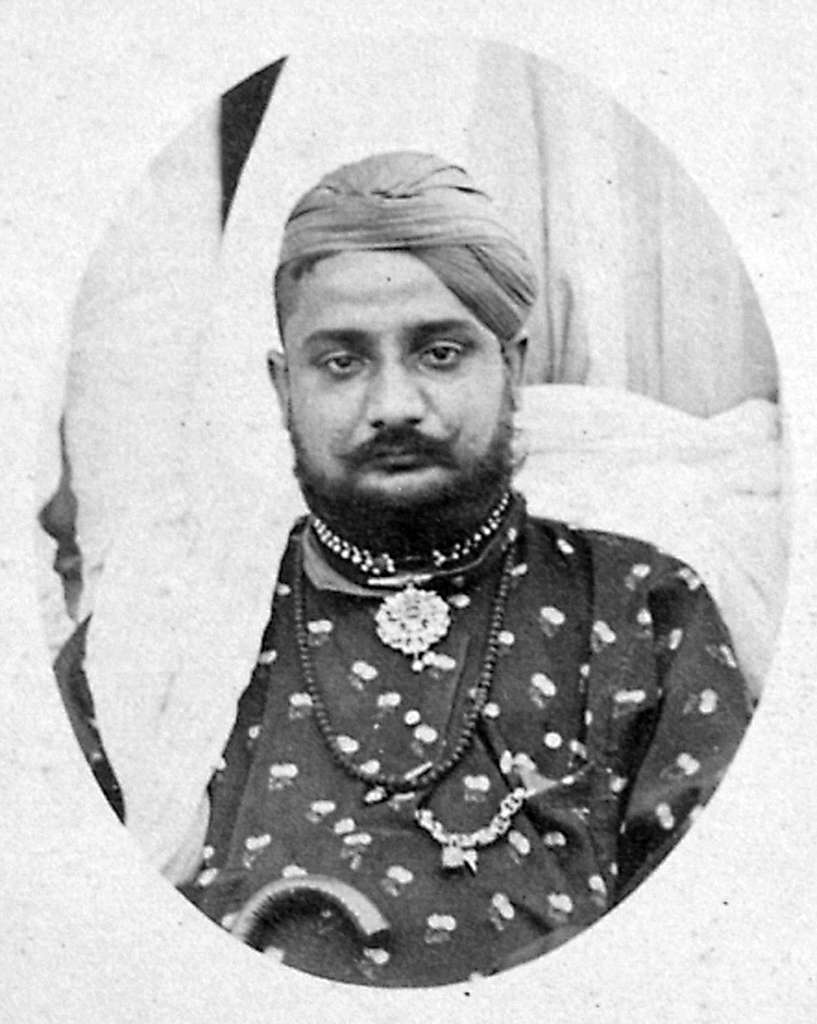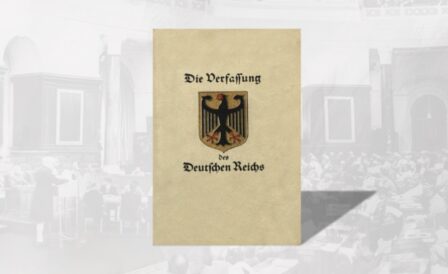
In India, prior to independence, a variety of titles were conferred, claimed, and recognized, even though the current Constitution abolishes titles. These could be bestowed based on military rank or profession, among other criteria. However, the most recognizable titles were those related to nobility and social status, often passed down through generations.
For centuries, titles were deeply ingrained in India’s heritage, significantly shaping the structure and operation of Indian society. These titles, appended to one’s name, were proudly asserted, serving as markers of distinction and status. They reinforced and perpetuated social, economic, and political hierarchies.
The framers of our Constitution firmly believed that such titles had no place in an Indian republic. The earliest mention of an article related to the abolition of titles occurred within the Sub-Committee on Fundamental Rights. During its initial meetings, the Sub-Committee deliberated on KT Shah’s “Note on Fundamental Rights,” that wanted the the constitution to refrain from recognizing any artificial or man-made distinctions among citizens.
The suggested provision was not met with unanimous approval, with several members challenging the suggested abolition of titles. C Rajagoapalachari argued that the option ought to be left to the legislature, which may choose to use titles as a mode of motivating citizens, while others argued that equality was not necessarily incompatible with titles, even under conditions of democracy. K.T. Shah remained firm, and insisted that titles were antagonistic equality. In the end, Shah’s view prevailed and in its report the Committee proposed a provision in the Constitution:
No titles except those denoting an office or a profession shall be conferred by the Union. No citizen of the Union and no person holding any office of profit or trust under the State shall, without the consent of the Union, accept any present, emolument, office or title of any kind from any foreign State.
This provision made its way into the Draft Constitution of India, as draft Article 12 and was taken up for discussion by the Constituent Assembly in November and December 1948. During the discussion, a member of the Drafting Committee proposed an amendment to explicitly exempt titles associated with military and academic distinctions from the purview of Draft Article 12. This amendment was accepted by the Assembly and few other changes were also made. In the end the Assembly added what is now Article 18 to the Constitution that read as follows:
Article 18, Constitution of India 1950
(1) No title, not being a military or academic distinction, shall be conferred by the State.
(2) No citizen of India shall accept any title from any foreign State.
(3) No person who is not a citizen of India shall, while he holds any office of profit or trust under the State, accept without the consent of the President any title from any foreign State.
(4) No person holding any office of profit or trust under the State shall, without the consent of the President, accept any present, emolument, or office of any kind from or under any foreign State.
The endeavor to eliminate titles was not unique to the drafting process of the Indian Constitution. Provisions related to the abolition of titles can also be traced in historical precedents and foreign constitutions. When examining these provisions, it is challenging to discern whether the Indian Constitution’s drafters drew inspiration from any of them during the drafting phase. We found that Article 18 resembled provisions in the 1937 Irish Constitution, the 1931 Karachi Resolution and the 1919 Wemar Constitution.
Conceptually, all these provisions share common ground in addressing the eradication of titles. Notably, the Karachi Resolution, being a historical constitution, could have served as a potential reference point, as could the Irish Constitution, which has been claimed to exert significant influence on the Indian Constitution.
Nonetheless, conducting a more comprehensive examination of other available sources, particularly through the textual analysis undertaken by the PACT team, has proven valuable in identifying similarities between two texts that may not initially appear alike upon casual inspection. We have discovered that among the potential sources of borrowing, the abolition of titles provision in the Weimar Constitution closely resembled the Indian provisions in terms of drafting style. Article 109 of the Wemar Constituton stated:
Titles of nobility shall be regarded merely as part of the name, and may no longer be bestowed.
Titles may only be bestowed when they indicate an office or profession; academic degrees are not affected hereby.
Orders and decorations may not be conferred by the State. No German may accept titles or orders from a foreign government.’
This reveals a captivating connection between the Indian Constitution and the Weimar Constitution, a connection that has previously been emphasized primarily in relation to India’s emergency and federalism provisions. This serves as an illustrative example of how we can identify instances of borrowing in the Indian Constitution using a more dependable quantitative approach. Such exercises often yield unexpected results and unveil connections between the Indian Constitution and other constitutions from the first half of the 20th century.
The nature of these connections, of course, may vary from one instance to another. In some cases, it could pertain solely to drafting style, while in others, it might involve more substantial ideas being borrowed. In certain situations, it could encompass both aspects. The method employed in the PACT project can identify textual similarities, but the depth of the connection may differ from case to case, ranging from superficial to profound.
As part of the PACT project, we are actively engaged in performing these analyses for all provisions of the Constitution, employing quantitative tools from Natural Language Processing. Our goal is to achieve richer sense of where borrowing has occurred within the Indian Constitution.
Author is Research Associate at the National Law School of India University and Research Assistant, PACT Project.
More blog posts

In Weimar’s Shadow: Emergency Powers and India’s Constitutional Design
01 July 2025 • By Vineeth Krishna
The collapse of the Weimar Republic loomed large in the minds of India’s Constitution framers. Its failure informed debates not just on emergency powers, but also on federalism and representative democracy. Framers frequently cited Weimar as a cautionary tale when justifying their constitutional choices.
